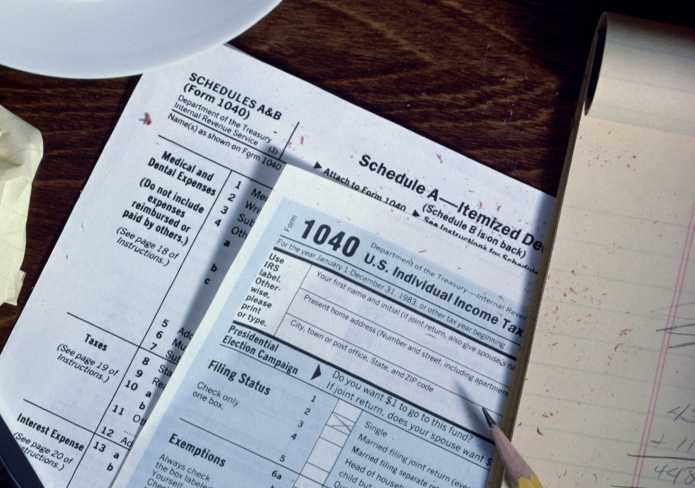San Antonio Problem Tax Returns

Our tax laws are complex. So too is our tax reporting process. Even honest attempts to report tax can lead to disputes. And the IRS and state governments can misconstrue mistakes and errors made in reporting taxes.
Problem tax returns also include false and fraudulent tax returns. It can also include unfiled tax returns or returns prepared by the IRS for taxpayers.
About Problem Tax Returns
Sometimes, the information you use to pay your taxes or file a tax return doesn’t agree with the information the IRS has on file. The IRS may ask for further information to process your return or the IRS may propose modifications to your return. To clear up the confusion, you have to find out what triggered the IRS inquiry.
In most cases, you will have one issue – like missing information or forms on your return. Things may get complicated if you owe taxes, had a past audit, or have been the victim of tax identity theft.
Addressing Problem Tax Returns
Understand what is at issue. The first step is to understand what is at issue. This starts by examining your tax return and possibly the IRS or state account information and notices.
Is the issue something reported or omitted from your tax return? Is it relatively small in a dollar amount? It is something that is recurring, large, and/or obvious enough that it could trigger a criminal tax problem?
Know what the state or IRS thinks about the issue. The tax authorities usually publish guidance to put taxpayers on notice of problem tax return issues. Absent public guidance, you may also be able to call the state or IRS to find out how it views the issue. Experienced tax attorneys can also be consulted, as they are typically in the know about how the state and IRS view various tax matters.
Define problems that need to be addressed, if any. With an understanding of the issue and how the state or IRS views the issue, you should be able to start to identify the problems with your tax return.
- Are there gaps in evidence that you can remedy by gathering records from third parties or by pulling together your records?
- Are there time-sensitive deadlines that require a response?
Understand your choices and create a plan to resolve the issue. With the evidence and information gathered, you can focus on identifying your choices for fixing your problem tax return and creating a plan to resolve the issue.
This may be as easy as providing proof of an item on your return or filing another tax return or form. You may have several options if it’s complicated, so it’s crucial to have an experienced tax attorney review the case given your unique circumstances and situation.
Take steps to implement the plan. The last step is to implement the plan to fix the problem tax return. This may include responding to the state or IRS to provide more information or to correct the record. It may involve filing a timely appeal or deciding to pursue the matter in court.
Address the underlying problem. Resolving a problem tax return may not be enough. If it is a recurring issue, you should take steps to ensure that the problem does not continue on future tax returns. The state and iRS will typically expect you to be in compliance for future filings. It may turn a blind eye to pleas to fix problem tax return issues in the future if the issue is one that has occurred several years in a row.
